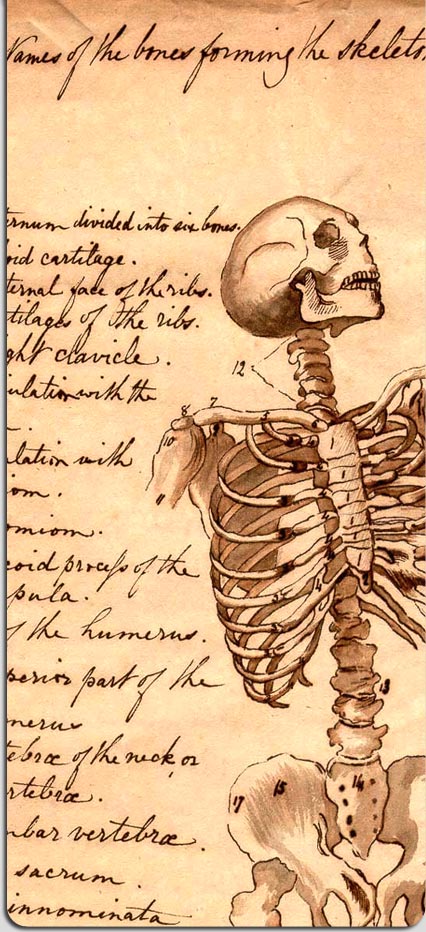AJ’s Autobiographical Memory
This story is awesome, in the sense of “full of awe.” It is almost unbelievable, in the most literal sense. It questions my assumptions about the limits of the human mind. It is what I love about neuroscience.
40 year-old AJ says that she can remember individual days of her life, starting in 1980. Researchers are calling it hyperthymestic syndrome. I first heard about this story on NPR , and there was a follow-up short interview with her today . I luckily found a free PDF of the published Case Report (thanks Google!) from the journal Neurocase, and it’s very readable–something in-between a New Yorker piece and a scientific journal.
AJ has been rigorously tested over the last 5 years by neurologists in Los Angeles to both confirm that she’s not a hoax, and to learn more about her condition.
On two separate occasions, two years apart, she was asked to recall the dates of all the Easters since 1980 (this is especially impressive, as AJ is Jewish). She also
recalled what happened on each Easter; these were verified from meticulous diaries AJ has kept since she was 8:

You ask her any date, and she says that she can go back and feel the day, almost relive it. A gift and curse: she vividly remembers each day of her childhood–her earliest memory is as an 18 month -old–but she remembers every bad day just as vividly. She doesn’t appear to have any other type of profound memory ability; she can’t memorize long lists of numbers, and she can’t tell you days of the week in her past or future. She has only an average IQ when tested (although her IQ memory component scores much higher). It’s almost too amazing to believe; you’ll have to read the report yourself to see all their verification steps.
Before this, I had assumed that the human mind would be simply uncapable of recalling so much detail–how neurons could somehow store so much information is beyond me–but it seems that it can recall, but perhaps at a price. AJ appears to also have OCD tendancies (as evidenced partially by her meticulous journaling); she appears to have some brain lateralization abnormalities; she appears to have some executive functioning deficits, as well as some dysnomia (naming objects the wrong but associated name) and decreased motor speed in her dominant hand.
It’s hard to imagine a world where all my days are recalled so vividly. Most of us only have small bits and pieces of our memories remaining; I remember going to the hospital to see my brother when he was born, but only in small faint outlines. I remember playing tetherball in the 4th grade. I remember a trip to New York in high school. But these are only little punched-out experiences that for some reason my mind chooses to recall, maybe only a couple each year of my life. But AJ can tell you the day she had conjunctivitis in 1987, or which boy she was going out with during high school when you give her a date.
I would imagine there’s a reason we don’t all possess this ability–that it perhaps distracts us from the rest of our lives, such that if we’re recalling so much about what happened on July 17, 1984, we won’t notice the tiger creeping up behind us to eat. I would imagine that the system of memory most of us have is at least somewhat optimized–balancing all the functions the brain has to manage.
There are three phases of memory: recording, storage, and retrieval–but it’s not yet known where AJ’s “talent” lies–is she just a better recorder? She was very retrospective as a child, looking back at her life often–did she teach her brain to do this? Or does she have better storage–she just can store more memories than you or I. Or is her brain better at finding the memories–is it more organized, like her OCD tendencies? And what would that mean for the rest of us–are all of our days just locked inside our brains, inaccessible, but actually there? Could this be turned on somehow?
I thank AJ for stepping forward and being so open to testing at her expense for the benefit of medicine–often in science, it’s the outliers that teach us the most about the rest of us.
PS: If you like this brain stuff, you’ll love Vilayanur S. Ramachandran’s Reith Lectures from 2003 . He’s a neuroscientist at UC San Diego. Free streaming audio.
